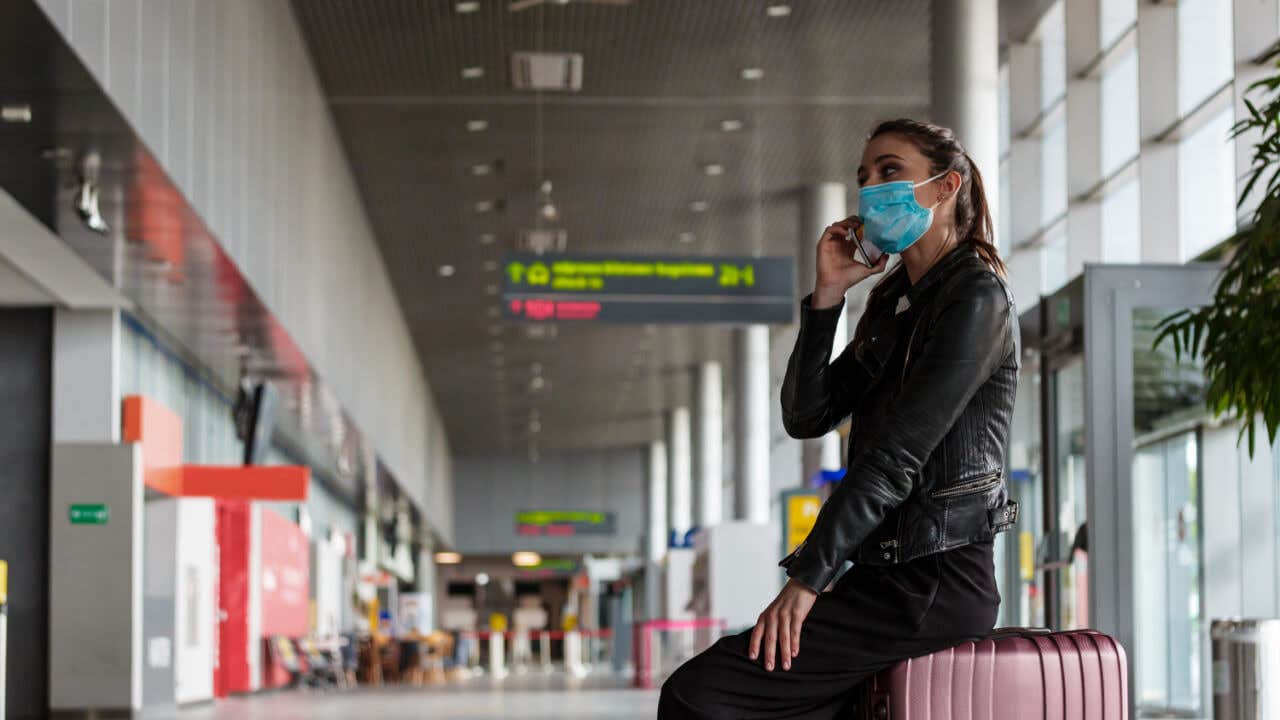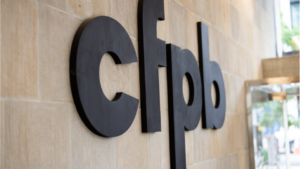Coronavirus cancellations hit U.S. wallets hard, poll shows

Did you take a financial hit when a concert, game or trip got crossed off your calendar due to the pandemic? If you lost money on a coronavirus cancellation, a new poll shows you’re one of many.
Due to COVID-19, over half of U.S. adults have canceled an activity that required an advance purchase, and 1 in 2 of these consumers (54 percent) failed to get all their money back, according to the new survey from Bankrate.com. (See survey methodology.)
Family travel blogger Marcy Fitzpatrick has spent months trying to get $2,413 back from TAP Air Portugal. She and her husband and sons had planned a spring break trip of hiking, biking and kayaking.
The airline canceled the flight and offered vouchers. After dozens of phone calls with hold times of 45 minutes or longer, it agreed to a refund. But two months later, Fitzpatrick is still waiting for her money. “I was optimistic at first but am less so now,” she says.
The coronavirus pandemic exacerbated an existing problem for consumers, says Linda Sherry, the director of national priorities for Consumer Action, a nonprofit consumer advocacy center.
“It’s like pulling teeth to get your money back for anything you pay for in advance,” she says.
You may have to fight for a full refund
Many Americans routinely plan and pay for activities, live events and trips months ahead of time. It’s also become common to use third-party booking sites for concerts, hotels, tours and vacation rentals, which can add an extra layer of hassle when you go to seek a refund.
Consumers who prepaid for activities that got canceled due to COVID-19 were most likely to get a full refund for cancellations of hotels (64 percent), live theater (57 percent) and concerts (55 percent), the study found. Just over half (53 percent) got a full refund for airfare.
The rest got either a partial refund or zero money back. The poll found consumers were most likely to lose all their money on prepaid:
- Concerts (29 percent)
- Sports (25 percent)
- Live theater (25 percent)
It’s not surprising that so many consumers had even more trouble than usual getting their money back, Sherry says. Airlines and other companies that suddenly saw bookings and cash influx come to a halt due to the pandemic were holding tight to the cash they’d already collected.
“You have to wonder why companies that are making so much money don’t have a reserve in place to deal with these kinds of emergencies,” Sherry says.
Refunds may either come now or never
The survey found that almost 6 in 10 consumers who got refunds (57 percent) waited just a month or less to get their money back. That number offers insight into how companies are handling coronavirus refunds, according to Bankrate.com industry analyst Ted Rossman.
“That suggests it’s boom or bust — you either get your money back quickly or not at all,” Rossman says.
Almost 1 in 5 (18 percent) are still waiting for a refund, and many have given up on ever seeing another dime from the company they paid.
Of all the U.S. adults who did not get a full refund, almost 6 in 10 (59 percent) say they have stopped trying to get their money (or the rest of it) back. Surprisingly, those with lower incomes were more likely to have abandoned efforts to collect their cash. In fact, 61 percent of those who make $40,000 or less per year have given up compared with a little over half (53 percent) of those who make $80,000 or more a year.
“They may be overwhelmed with other stresses and may have jobs where they can’t make calls during the day,” Sherry says. “To fight any situation like this, you may have to spend hours on the phone.”
How to get a coronavirus cancellation refund
Still trying to get a refund from an event canceled due to the pandemic? Here are five tips to help you improve your chances of getting your money back:
1. Look at the fine print
Take a look at the terms and conditions of your purchase and check the website for a written COVID-19 refund policy so you know where you stand before you contact a company. If you qualify for a refund, you can point to the policy and explain why you should get your money back. If you don’t, you can still argue your case.
2. Go up the chain
A manager may have more power than a customer service representative to solve your problem quickly. Travel blogger Lauren Brown got a full refund of $300 from United Airlines for a flight from Toronto to Washington, D.C., for a weekend vacation, but only after going that route.
“My call took one and a half-hours and was a terrible experience until I asked to be put through to a manager who swiftly refunded me,” Brown says.
3. Be persistent
Blogger Corritta Lewis planned a family travel gap year with her wife and son before the pandemic hit. She says persistence got her back 90 percent of the $5,000 she prepaid in travel costs.
Take notes on each call, she recommends. She used a script for calling every airline that canceled a flight, politely reminding them of the U.S. Department of Transportation’s position that they must provide a prompt refund in that scenario. (You can also file a complaint with the U.S. DOT.)
“We requested a refund and noted on the call that we were not interested in a voucher,” Lewis says.
4. Check with other travelers
“Do a bit of internet digging,” says Charles Breitbart, owner of the travel itinerary site TripTins.com, who believes he will get back the $800 he prepaid for six nights of bungalow, hut and safari tent lodging and sunrise and sunset safari tours in Kruger National Park in South Africa.
Through TripAdvisor comments from other travelers, he found an online forum for the park and chatted with a staff member who “escalated” his claim.
“While I’m still waiting for the refund, I have hope it will actually come through one of these days,” he says.
5. Call your credit card company
Have you contacted a company multiple times with no success in getting a refund? You can file a dispute with your credit card company instead. The Fair Credit Billing Act allows you to dispute charges for “billing errors,” including goods or services that weren’t delivered as agreed.
You must dispute the purchase within 60 days of receiving the credit card bill with the charge.
“My best advice is to start your refund quest wherever you made the purchase, “ Rossman says. “If the merchant isn’t cooperative, then pull in your credit or debit card issuer as a backup.”
Bottom line
If you’ve given up on getting a refund from a coronavirus cancellation, you may want to consider giving it one more try.
“You’ve really got to stand up and fight for your rights with these companies,” Sherry says.
Survey methodology
Bankrate.com commissioned YouGov Plc to conduct the survey. All figures, unless otherwise stated, are from YouGov Plc. Total sample size was 2,624 U.S. adults. The survey was conducted online between July 29-31, 2020.
Why we ask for feedback Your feedback helps us improve our content and services. It takes less than a minute to complete.
Your responses are anonymous and will only be used for improving our website.





